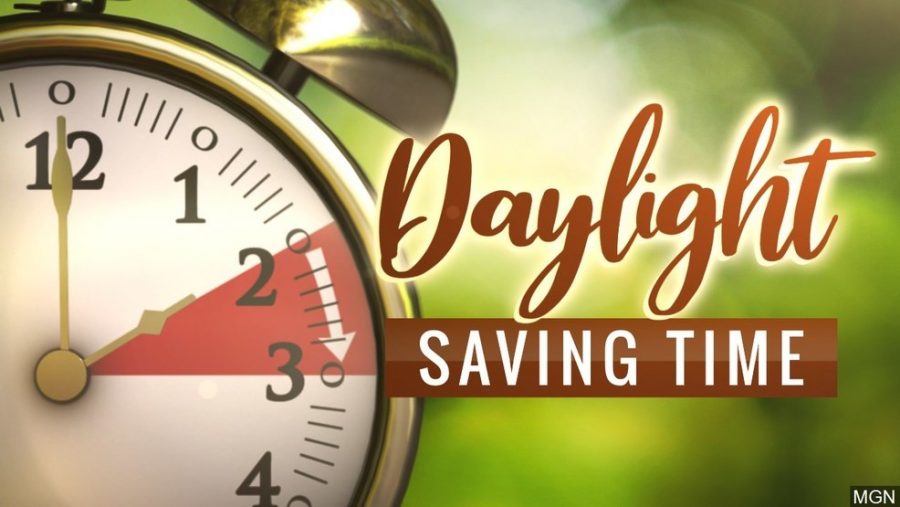The Daylight Savings Time Debate
Posted on March 10, 2020
As Daylight Savings time approaches, the debate of getting rid of the time change is in the air. More than half of the states have debated ending Daylight Savings time. According to Time and Date, the time change has been around since WWI and was decided in order to save money on electricity. Clocks then were set forward during WWII and the States had the option to choose to continue Daylight Savings time during the spring and summer, but it soon became a law. However, the states have the option to opt out of it.
There are two states that have chosen to opt out of Daylight Savings time: Hawaii and Arizona. Twenty-six state legislatures have debated joining Arizona and Hawaii and if Daylight Savings time should be permanent.
“I don’t think it should change because I like that it gets darker earlier in the winter,” senior Adyson Koster said. “I like that the days feel longer in the summer. ”
The arguments if the time change should be done away with are endless. According to NPR, companies are receiving more revenue with it staying lighter outside longer. They believe that since there is still sunlight, more people are willing to go outside or go do something with their money rather than staying home. Police records gathered by the Brookings Institute argue that since the sun is still out, robbery crimes are lower by seven percent. Brookings believe that it is harder to carry out robberies because the sun with the security cameras make it easier to identify the person committing the crime.
“I don’t have a strong opinion on the time change, and I don’t think that it makes a big difference if we do or don’t have it,” social studies teacher Craig Frederick said. “If society votes to change it, it won’t bother me.”
According to NPR, those most affected by the time change would be agrarian workers. Farmers need the sunlight for harvesting and working fields, among other things. They say that for them to tend the crops, they need to work with the sun’s positioning and timing. Another argument on the time change is that it affects our circadian rhythm. It affects our body’s internal clock and if we do this twice a year like we have, it throws us off in more ways than we realize initially. According to The National Geographic, productivity among society has decreased, which decreases quality of life and increases susceptibility to illness and exhaustion.
“In my opinion, the time change does not affect the farmers. We often base what we need to do based on the amount of sunlight,” industrial arts teacher and local farmer Bryan Bates said. “Even though the longer evenings are nice, we still do what we have to do to get the job done.”









